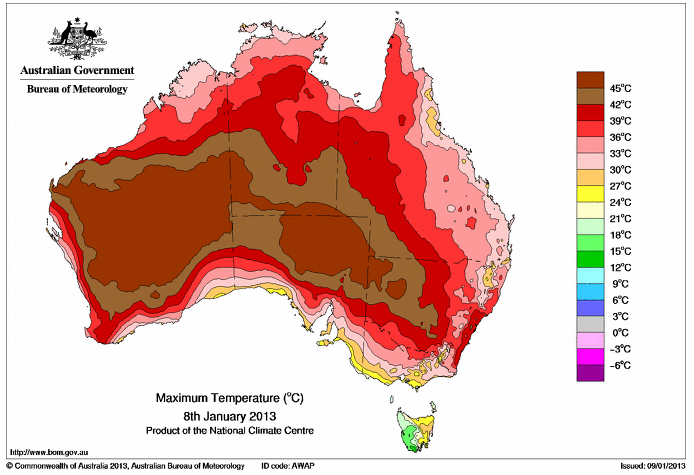Memo to America, but with lessons for lots of people everywhere. How to kick start your way out of a liquidity trap, by focusing on a root cause. First a definition from Krugman from his very good article on Japan this morning: Liquidity Trap
“But all of this is totally irrelevant to our current situation, where inflation is running below target, the target is too low anyway, and the reason we have mass unemployment is that there just isn’t enough demand, and hence there just aren’t enough jobs, no matter how desperately people search for them.”
But he should finish the point and say why the economy could fail in the manner that it did, and stopped where it did to begin the great recession: the rich took all the fucking money! Or at least they took enough of it already that they caused the liquidity problem that the middle class has right now, which is why that 70% of the economy is not driving the production that keeps all the yanks (and plenty of others) in jobs with ever spiralling wage rises (hopefully based on productivity gains, but that is another story).
See, I’m not a Nobel prize winning economist, or even in the profession by training, but I can still see the whole system of an economy linked together in a synchronistic way. One man’s debt is another man’s credit and all that. Have a good read of Matt Taibbi and Michael Lewis on the con that was perpetrated, and still is going on, but here’s my take on the cause and effect. The rich (banks in particular) tricked the middle class in America into getting in over their head with debt in often a fraudulent manner (I’m look right at you Countrywide) and lot’s of common people did not have enough sense to realise the risk. And the rich took the middle class for their last dollar in debt because remember the context; this is after the slow fall since about 1979 in wage gains by people making a wage. Almost all productivity gains in those decades went to the suppliers of capital to the equation (and not labour or true innovation), and resulted in a significant increase in the concentration of wealth at the top. Look it up, that is published economic fact. So the middle class buying power has been falling for decades, and they supported the demand they were creating artificially with household debt. Then the trigger point and the house of cards all falls in, and even giants like AIG are proven to be fools and criminals (yet strangely enough, none go to jail).
Now the rich will make a show of how fraud was insignificant (or lie, in common language), and how there is just cause for the gains made in the 1%, but that is just maskirovka; the real gains were made in the 1% of the 1% (or 0.1%). And in that club, for every Steve Jobs, I will show you 10 Gina Reinhart’s, greedy opportunists that turned a whopping great big fortune into an immensely whopping great fortune through no real skill or innovation of their own. Parasites that then even turn on their children and deny them their probabilistic right to the spoils that they also did not earn.
But I don’t want to get off on a rant here, and back to my point. With the middle class in (now bad) debt up to their eyeballs, low and falling wages relative to their productivity input, and no one who will loan them any more money for a hand up to get something started even if they were entrepreneurial, where the fuck is aggregate demand going to come from to move the economy along? The 70% ain’t got it, and the 0.1% ain’t spending it. That’s your cause, and your trigger point for the GFC. But it also suggests the solution to get things moving again. Find a way to get some money back into the hands of the people who actually buy the vast amount of goods and services in the economy in the short term (and then we will get to countering over concentration of wealth in the mid term).
Wouldn’t you think that at times like these, when the US government can borrow any vast sum of money it wants without raising interest rates from basically 0%, that it might make a good plan for the government to do major maintenance on its infrastructure? Note here, I am not talking build a lot of pork barrel shit that doesn’t go anywhere, but why not fill some of the pot holes near the CBD of some major cities that you could drive a VW into, or I don’t know, upgrade your electricity transmission network and solve your greenhouse gas problem at the same time. Do some thinking on it, and you will come up with of a number of decent ideas for shovel ready projects to improve productivity, reliability and innovation of US infrastructure.
Otherwise, you can do the alternate plan: go beg those like Gina to buy more jewel encrusted golden backscratchers and hope that form of is demand enough to base a modern economy on.
